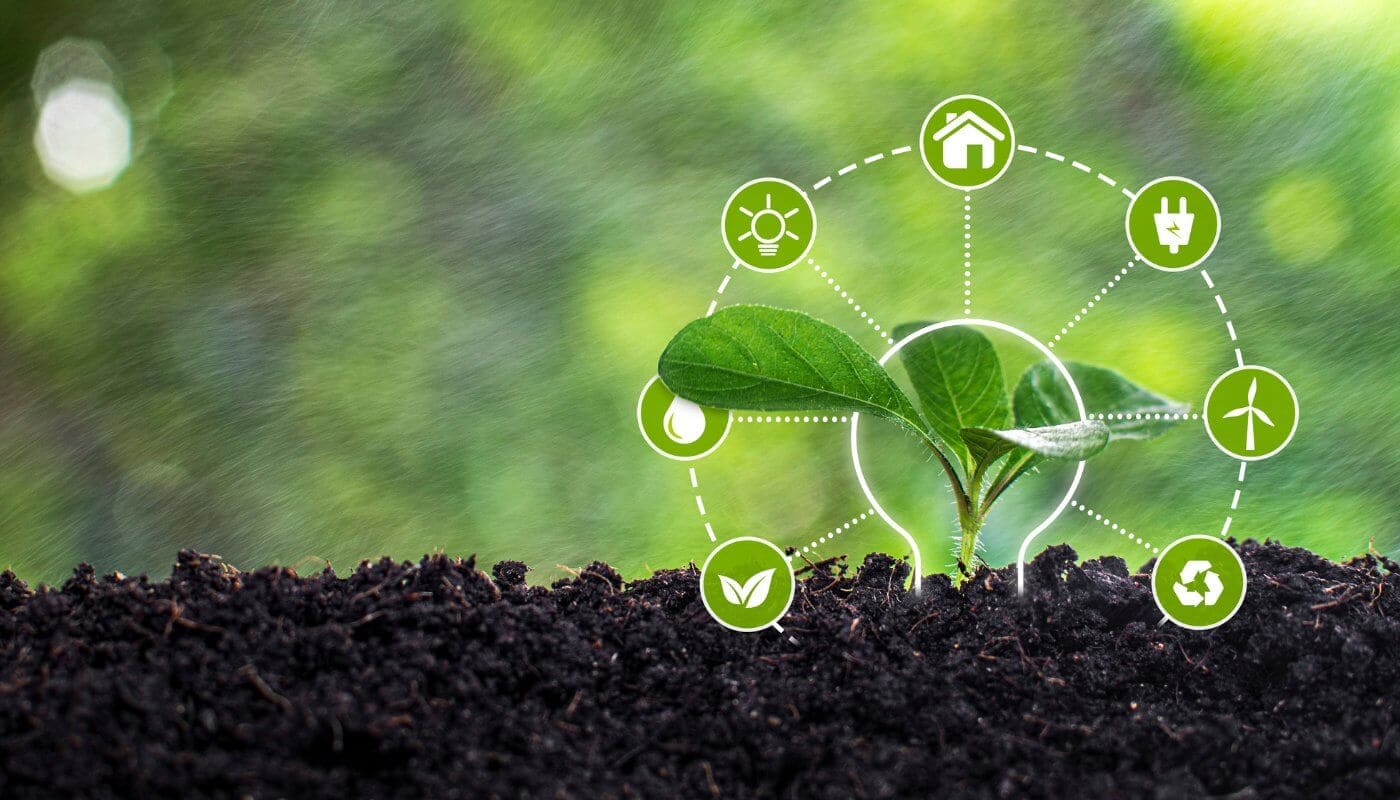The recent regulatory developments across the EU, North America, South America, and APAC regions underscore a significant shift towards enhanced sustainability, transparency, and compliance for corporate entities. Companies must align their financial products with sustainability strategies, modernize operational practices, integrate comprehensive ESG risk assessments, and adhere to new carbon footprint inventory and reporting standards. These regulatory changes necessitate a strategic overhaul in operations, reporting, and planning, fostering sustainable practices and facilitating access to green finance. Additionally, navigating conflicting regulations and adapting to new legal protections and environmental guidelines will ensure compliance and drive innovation in the corporate sector.
Europe
The EU’s Platform on Sustainable Finance published a report titled “Categorization of Products under the SFDR,” proposing a categorization scheme based on financial products' sustainability strategies and alignment with investors' values or impact objectives. This report has recommended a comprehensive definition of sustainable investment and suggested that the Commission develop a shared understanding of impact investing within the EU's sustainable finance framework. Also, the EU's new Construction Products Regulation, evolving from the previous Regulation (No 305/2011), modernizes the real estate industry by enhancing sustainability, safety, and competitiveness. European Banking Authority (EBA) issued final Guidelines on managing ESG risks, establishing criteria for institutions to identify, assess, manage, and oversee these risks over various timeframes. Additionally, the Swiss Financial Market Supervisory Authority (FINMA) published a circular on managing climate- and nature-related financial risks, with phased implementation starting from January 1, 2026, for category 1 and 2 banks and full implementation by January 1, 2028.
North America
January's articles spotlight the United States since President Trump has halted all federal aid and withdrawn the US from the Paris climate agreement, reversing Biden's re-entry. He declared a "national energy emergency" to increase fossil fuel production and signed an executive order to exploit Alaska's natural resources. Trump also ended the Green New Deal, which aimed to boost green jobs and regulate the fossil fuel industry. In contrast, the US Climate Alliance, comprising 24 state governors, remains committed to the Paris Agreement goals, pledging to reduce GHG emissions by 50%-52% by 2030 and 61%-66% by 2035. They plan to continue climate action through statewide carbon markets, clean energy standards, and methane reduction programs. Furthermore, the Prime Minister of Canada announced his resignation at the beginning of this month, potentially ushering in significant changes for the country.
South America
Brazil is advancing its sustainability efforts with the proposed sustainable taxonomy framework, aiming to establish clear guidelines for sustainable activities and combat greenwashing by 2026. The framework includes both environmental and social objectives tailored to Brazil's unique circumstances. Concurrently, the governor of Mato Grosso vetoed a bill that would weaken protections for endangered biomes, reflecting a commitment to environmental preservation. However, Brazil's agribusiness sector has opposed the EU's new antideforestation regulation, highlighting internal conflicts between economic interests and environmental protection. Despite this, Brazil's federal environmental agency supports the regulation to enhance sustainability and transparency in agribusiness.
APAC
Significant strides in sustainability and green finance are being made in the APAC region. Japan released a Labelling Guide on the Carbon Footprint of Products to enhance enterprise-consumer communication. The Shanghai Stock Exchange issued new ESG reporting guidance to improve sustainability disclosures. China's first energy law, effective January 1, 2025, integrates hydrogen into the energy system and promotes renewable energy. Additionally, China released group standards for carbon footprint inventory for industrial products. Malaysia's Securities Commission introduced a guide to help companies adopt the National Sustainability Reporting Framework. Indonesia launched its International Carbon Trading and ESG Reporting to support its Nationally Determined Contribution. Thailand will start a carbon credit trading market in 2025 to boost green finance. These initiatives reflect a regional commitment to sustainability, carbon neutrality, and enhanced transparency in environmental practices.






